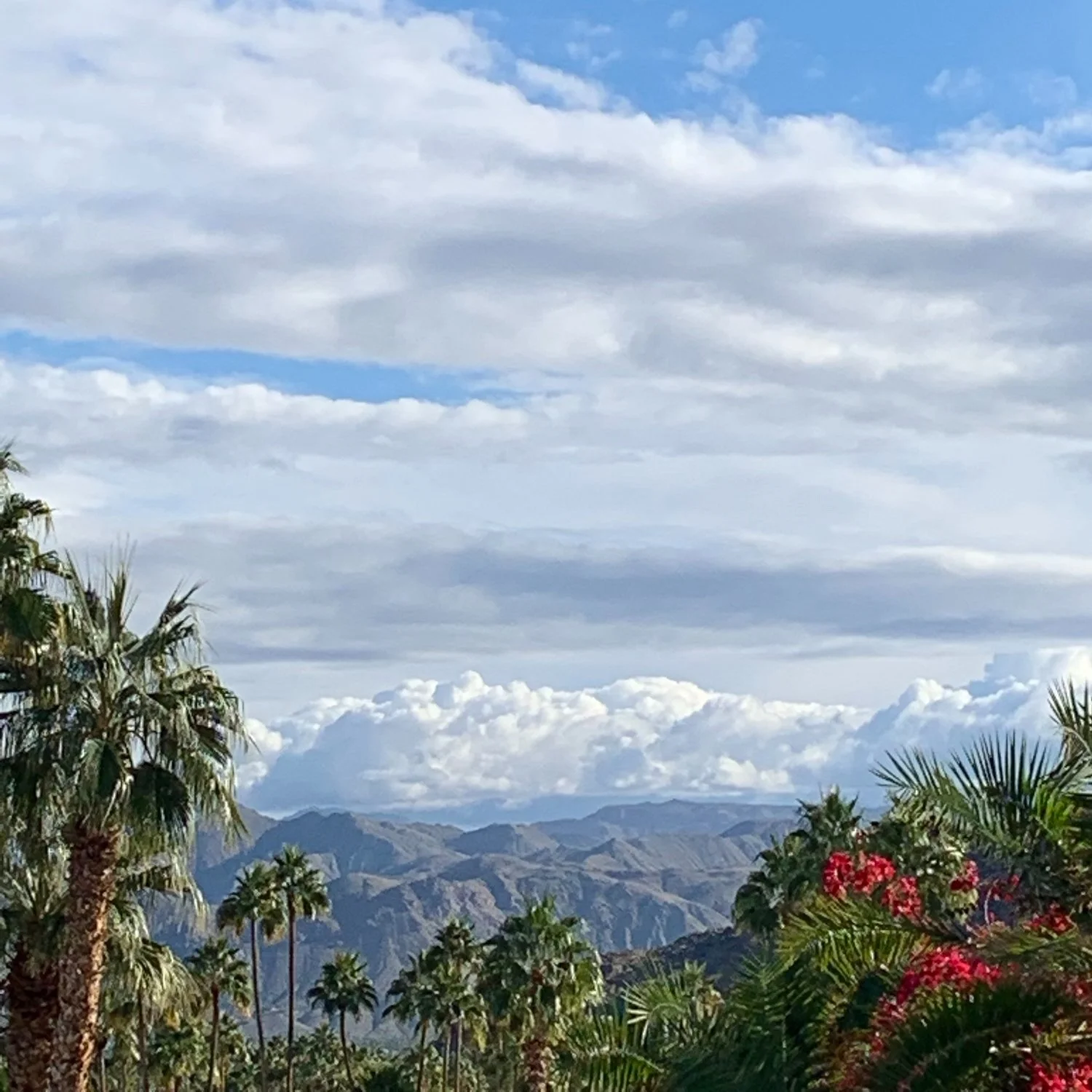About Psychological Health: Be Present
This is the first part of a six-part series on psychological health. I’ll be writing about six ways to feel less stuck in your life and move toward having the life that you want. I’m starting with one that seems pretty simple but can take some practice: being present.
What does it mean to be present?
To be present is to notice what is going on right here and right now. What is going on around you? What is going on inside of you? There’s a wealth of information available in the here and now of this moment.
The physical world around you.
The physical sensations in your body.
Feelings that are coming up for you.
Thoughts and memories that are playing out in your mind.
Urges to do something.
Why does it matter?
We get lost easily. We get lost in our phones, in daydreams, and in worries. We get overwhelmed by anxiety and panic feelings. We get stuck in the past and in the future. We stop noticing what is happening right here in the present.
Think of the ways not being present can make you feel stuck.
You get in an argument with your partner. It’s the same argument you always get into, and at some point while fighting you start thinking, why am I still doing this?
You have a really bad day at work and, as if you’re on autopliot, you find yourself buying a pint of ice cream and eating the whole thing. You really don’t know why.
You hate to fly and for weeks before your trip you find yourself going over various scenes of the catastrophes that will happen. It’s a miserable few weeks.
All of these are examples of how we can be disengaged from the present moment and get stuck in behaviors that don’t feel great to us.
Why does this matter? Because often we feel stuck and find ourselves acting impulsively, or missing out on something important, or getting in the same fights we always do. Our lives aren’t what we want them to be. When we become aware of what is happening in the present we create some space. In this space we can begin to have insight and choose different behaviors.. Below are the same experiences but with a little present-mindedness added in.
You get in an argument with your partner. It’s the same argument you always get into, and at some point you start thinking, why am I still doing this? I’m noticing I’m angry again and I’m also really hurt by what he said. I want to hurt him back but I could also just stop this and take a break.
You have a really bad day at work and, almost like autopilot is on, you find yourself buying a pint of ice cream and eating the whole thing. You really don’t know why. I am so sad and overwhelmed. I don’t know how to fix this. What else could I do right now to take care of myself?
You hate to fly and for weeks before your trip you find yourself going over various scenes of the catastrophes that will happen. It’s a miserable few weeks. I’m thinking about this again. What else is going on right now? Is there anything around me that I’d rather be engaging in?
One way to think of being present is like waking up. Waking up from the feelings and thoughts that take over and leave us without power to make choices for ourselves. When we wake up we actually see what’s going on around us and can choose a healthier, more vital way to live.
How do you do it?
Being present is a practice and the more you practice the easier it is to move back into and stay in the present. Just like exercise for your body, there are lots of ways that you can build this mental “muscle.” One of the easiest is to stop and take a quick inventory of what is going on around you.
What do you notice with your senses?
What do you hear?
What do you see around you? What kinds of colors do you notice?
What sensations are registering on your skin right now?
What do you notice with your other senses? If you’re eating, stop and really notice what’s registering with your sense of taste and smell.
What do you notice inside?
Do you notice any sensations in your body?
Are any feelings showing up?
What thoughts are you noticing?
Are you having the urge to do something?
Are you noticing memories playing out in your mind?
This exercise can take a few seconds or a few minutes, depending on how much time you have. As you practice it you may find that it becomes easier to notice and easier to create space from difficult feelings and thoughts. You might also notice your interactions with others become more satisfying as you find yourself more present to them as well.
Being present is both very easy and very hard. However, practicing this can bring a great benefit - the gift of space. In this space you can begin to get unstuck and begin to make changes to live a richer life.

